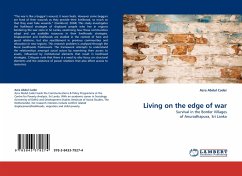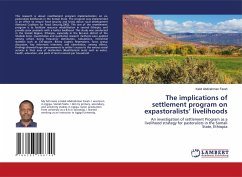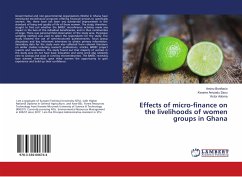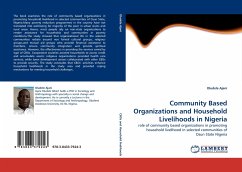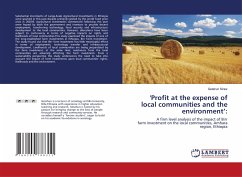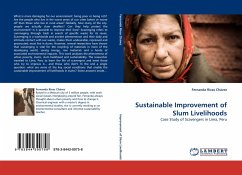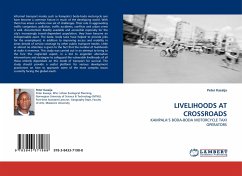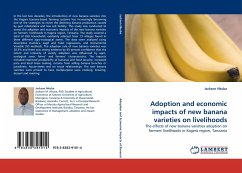"The war is like a beggar's wound, it never heals. However some beggars are fond of their wounds as they provide their livelihood, so much so that they even fake wounds." (Gamburd, 2004) This study investigates the livelihood strategies of displaced people who live in regions bordering the war zone in Sri Lanka, examining how these communities adapt and use available resources in their livelihoods strategies. Displacement and livelihoods are studied in the context of host and guest relations, but also resettlement in previous communities and relocation in new regions. This research problem is analysed through the Rural Livelihoods Framework. The framework attempts to understand the relationships amongst social actors by examining their access to assets, influenced by institutional elements that result in livelihood strategies. Critiques note that there is a need to also focus on structural elements and the existence of power relations that also affect access to resources.
Bitte wählen Sie Ihr Anliegen aus.
Rechnungen
Retourenschein anfordern
Bestellstatus
Storno

